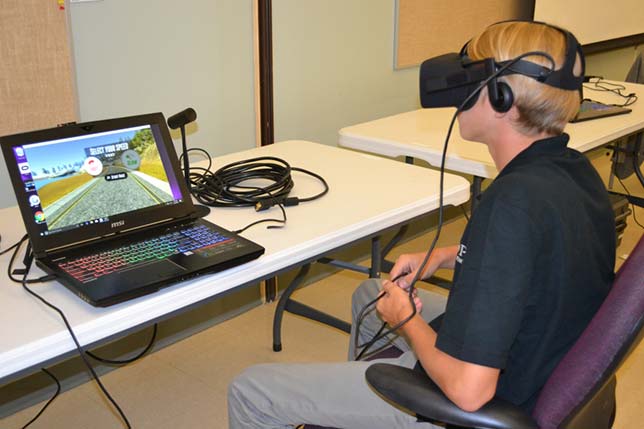Recovery School Turns to VR for Student Engagement
- By Dian Schaffhauser
- 08/31/17

A charter school in Indianapolis that educates students in recovery with drug and alcohol addictions has turned to virtual reality curriculum to keep their kids engaged in science. Hope Academy will be using VictoryVR curriculum.
The VR education set from VictoryVR will also be launching this fall at an all-girls school in St. Louis, a private school in Bermuda and two schools in Iowa, one public and the other private.
Among the high school lessons at Hope will be virtual field trips to the Redwoods in California, enabling students to learn about photosynthesis; Kitty Hawk, where they'll gain an understanding of design engineering; and Sunspot Mountain in New Mexico, for studies in astronomy.
"Textbooks are transforming, and virtual reality is one more step forward in the move toward a more digital world," said Principal Linda Gagyi, in a press release. "Students today learn differently than those of 20 years ago and we plan to meet there where they learn."
Hope's curriculum will include 48 units of science with 240 VR experiences. The lessons are compliant with Next Generation Science Standards. Along with virtual field trips, students will be able to experience "escape castles" and solar system travel.
"Numerous studies show that when students are immersed in virtual reality, they retain more knowledge and improve test scores," noted Steve Grubbs, founder of VictoryVR. "We know test scores in science are low, so this is a way to get high school students excited about learning and improve test scores across our country."
The VR packages can be viewed on Facebook Oculus Rift and Samsung Gear VR headsets as well as Apple iPhones.
About the Author
Dian Schaffhauser is a former senior contributing editor for 1105 Media's education publications THE Journal, Campus Technology and Spaces4Learning.